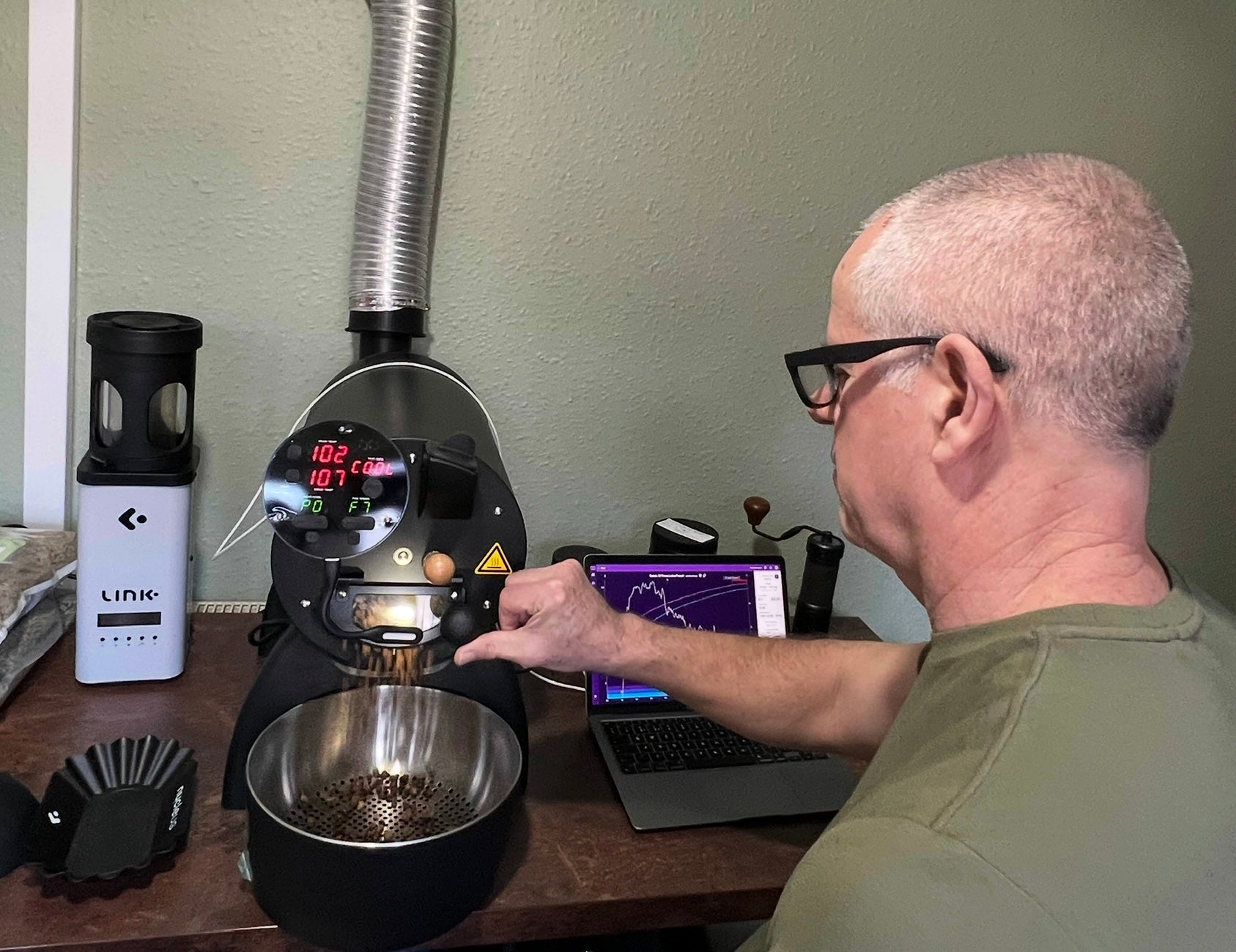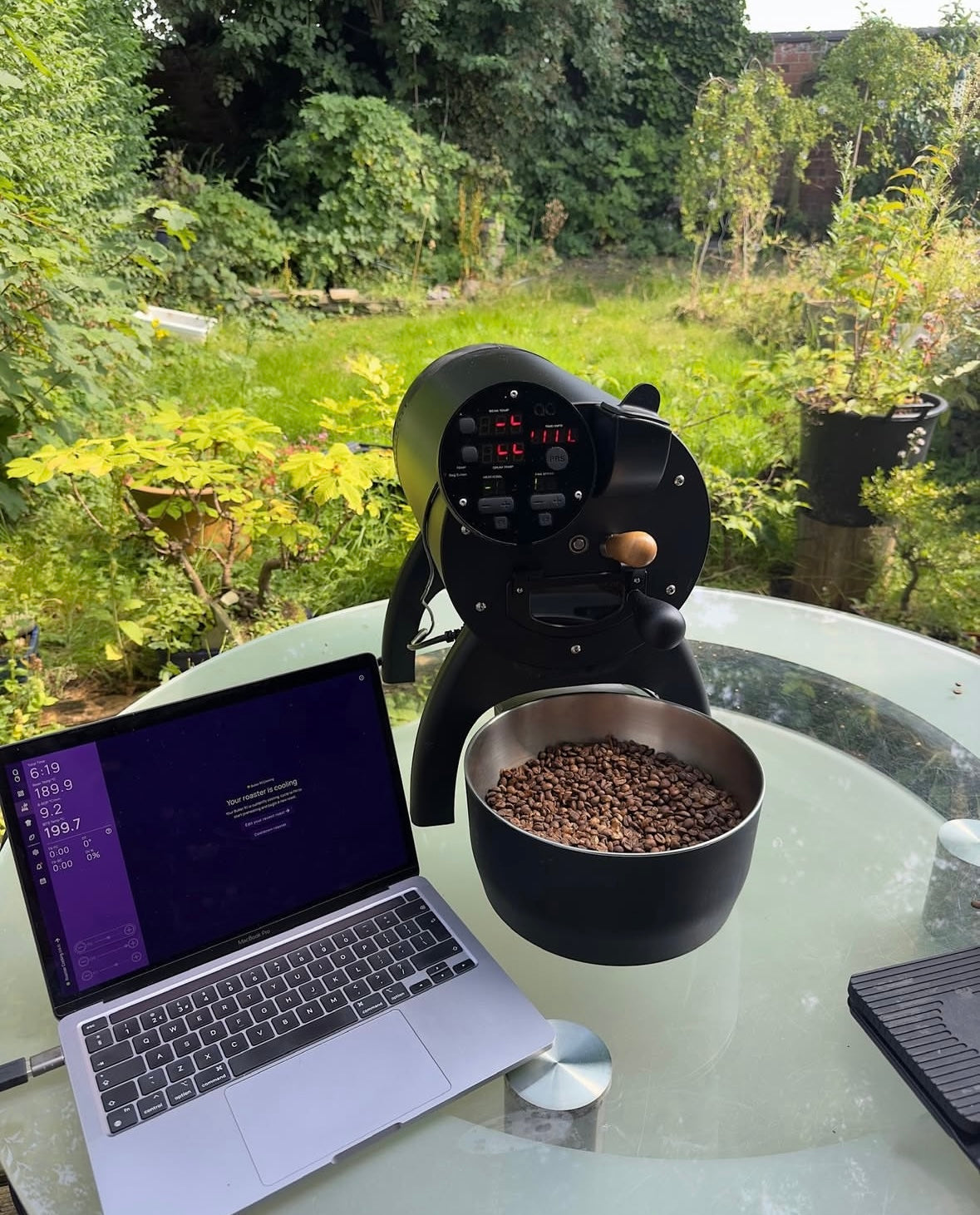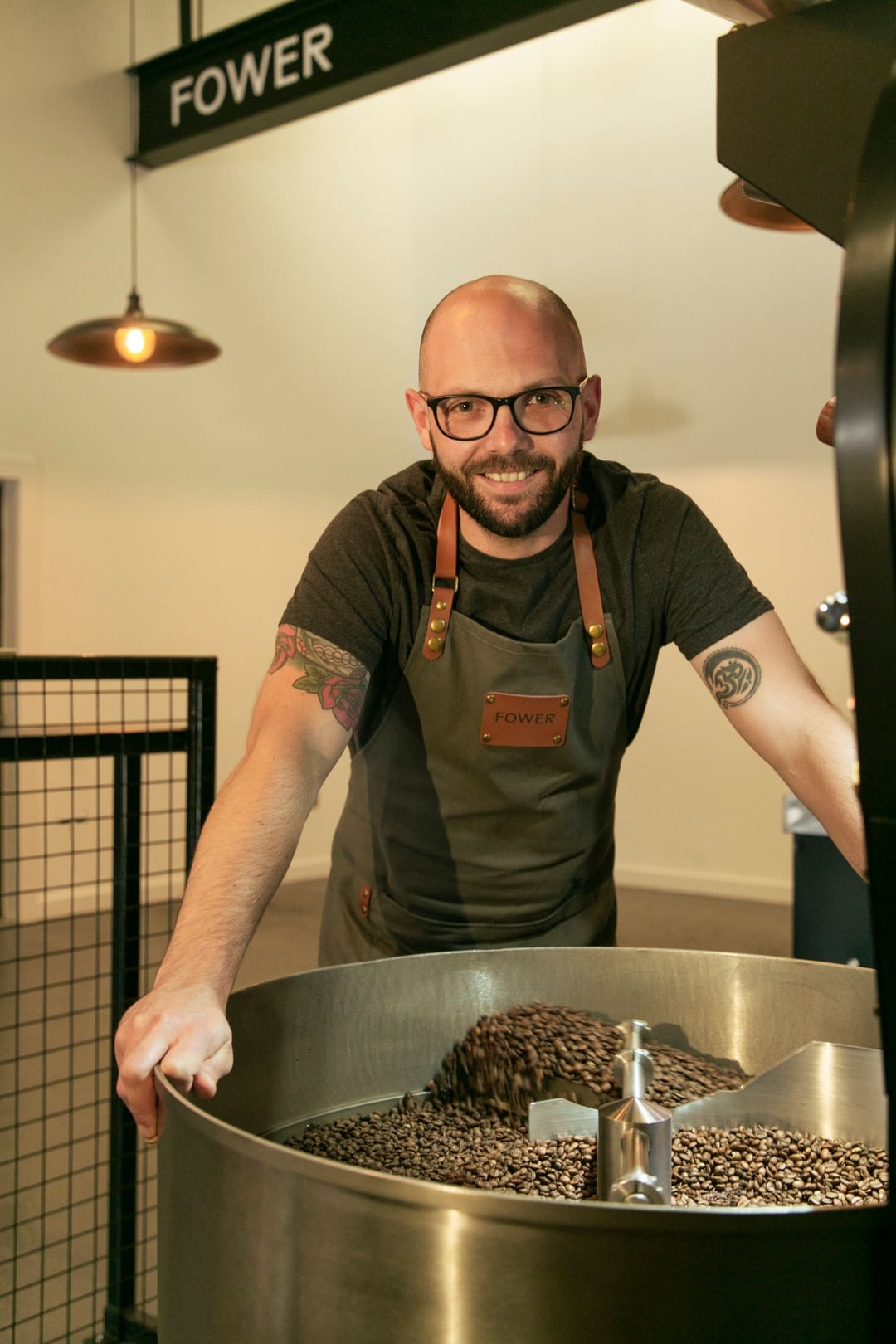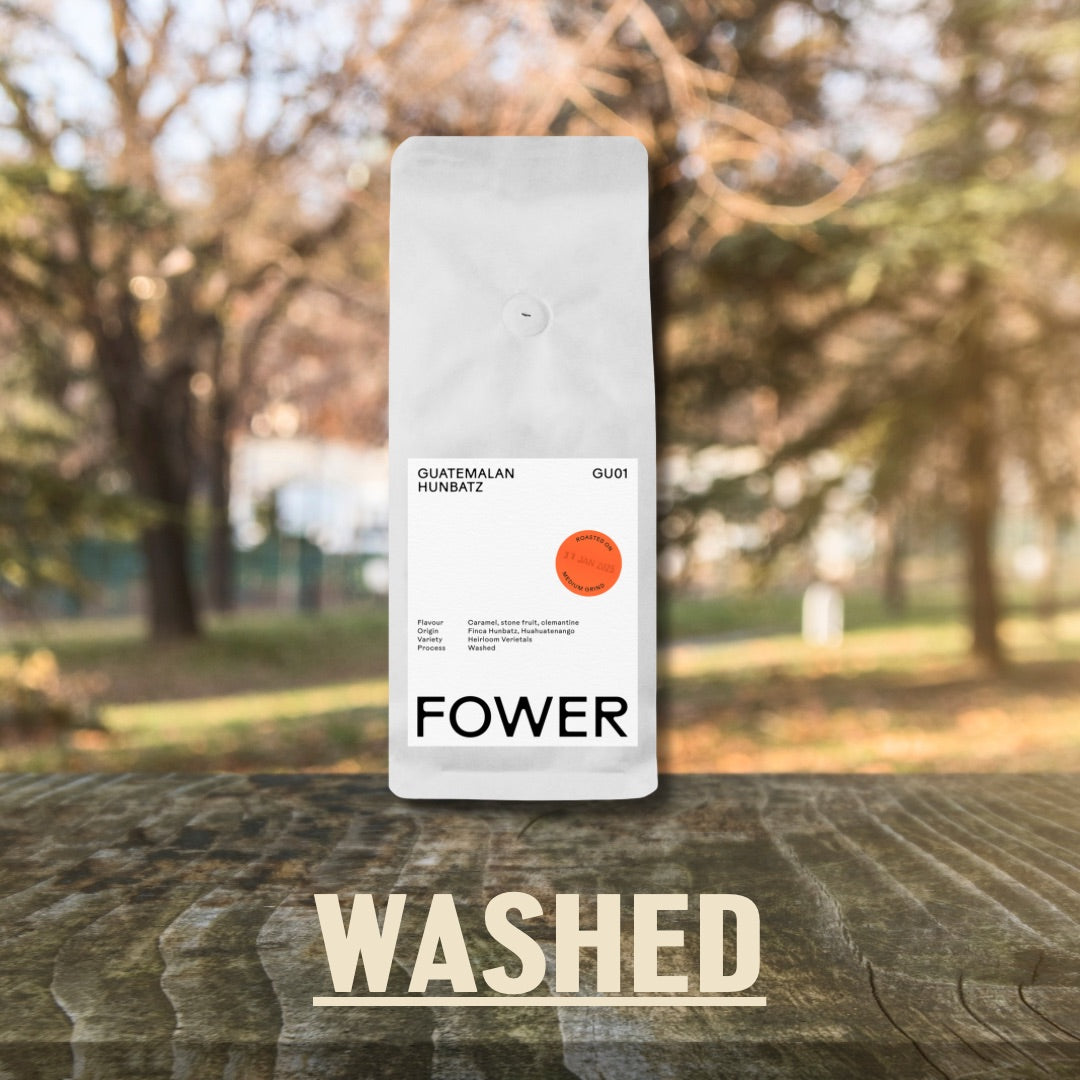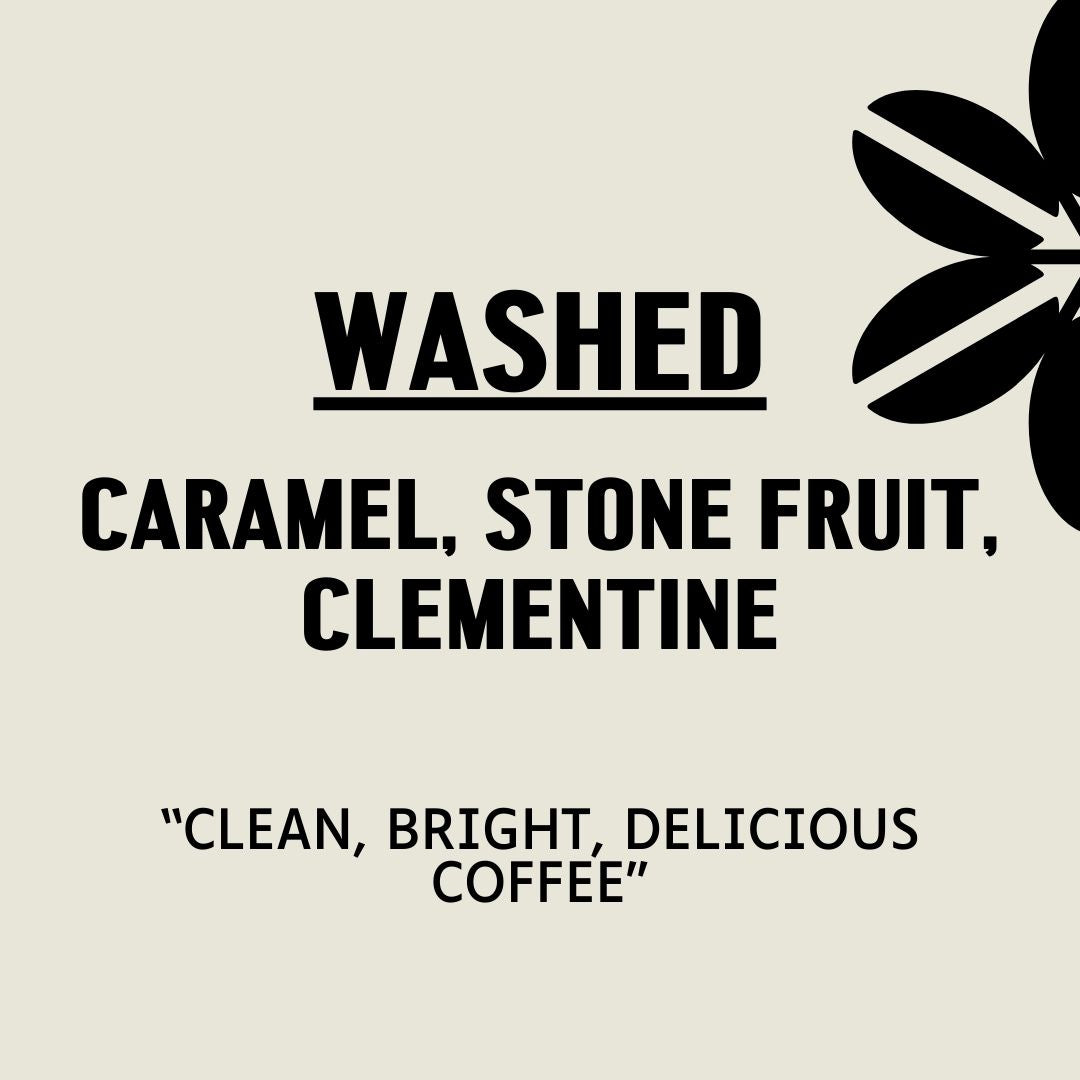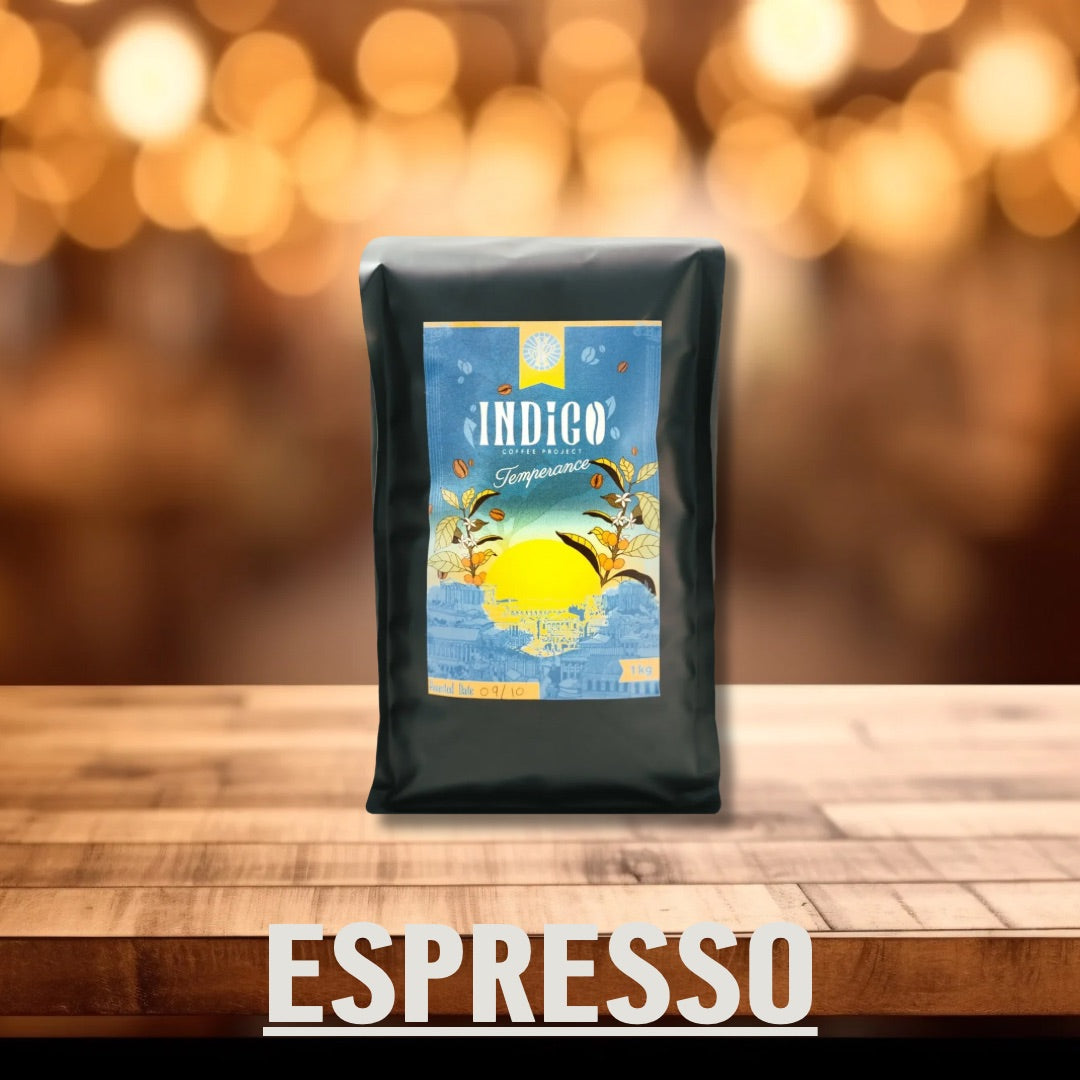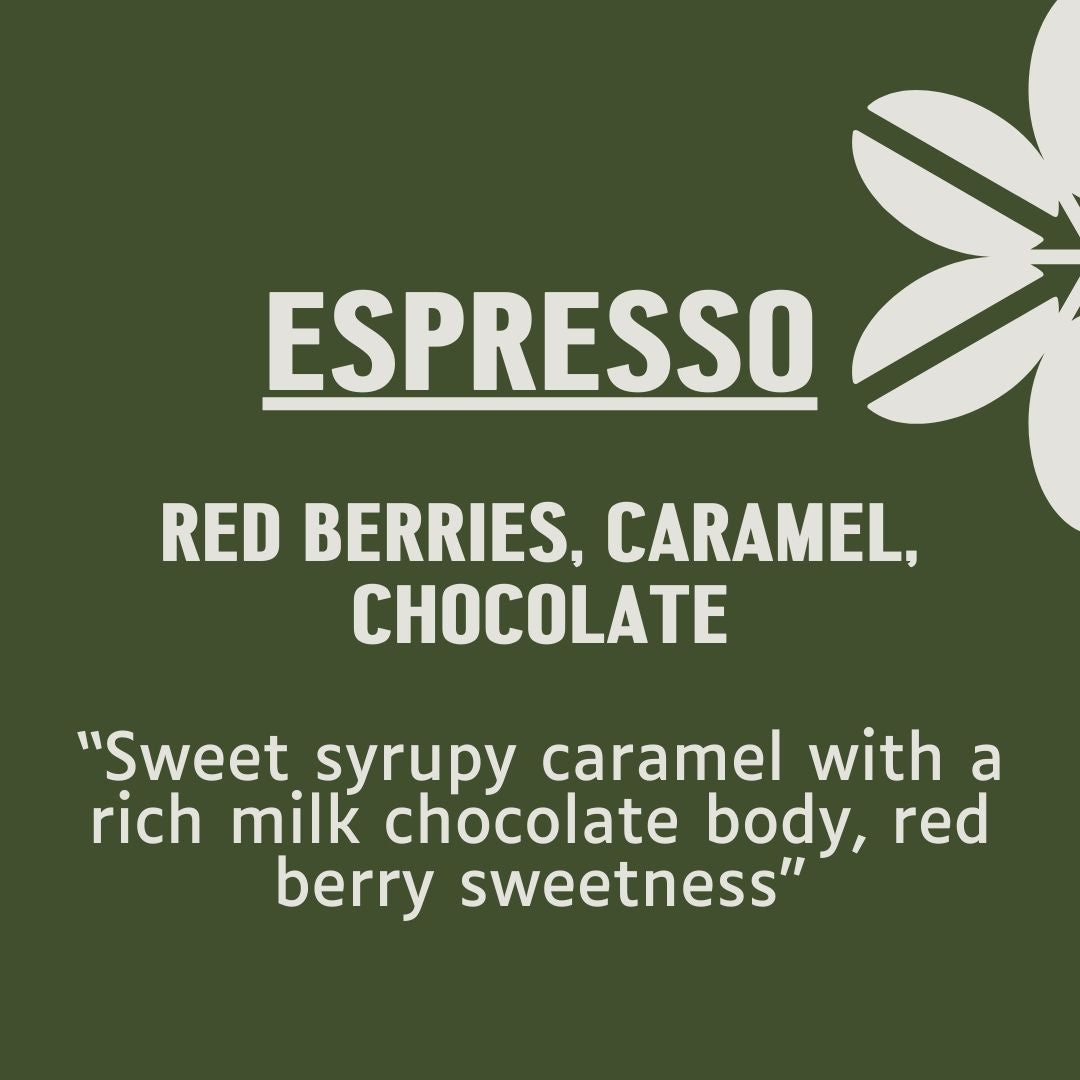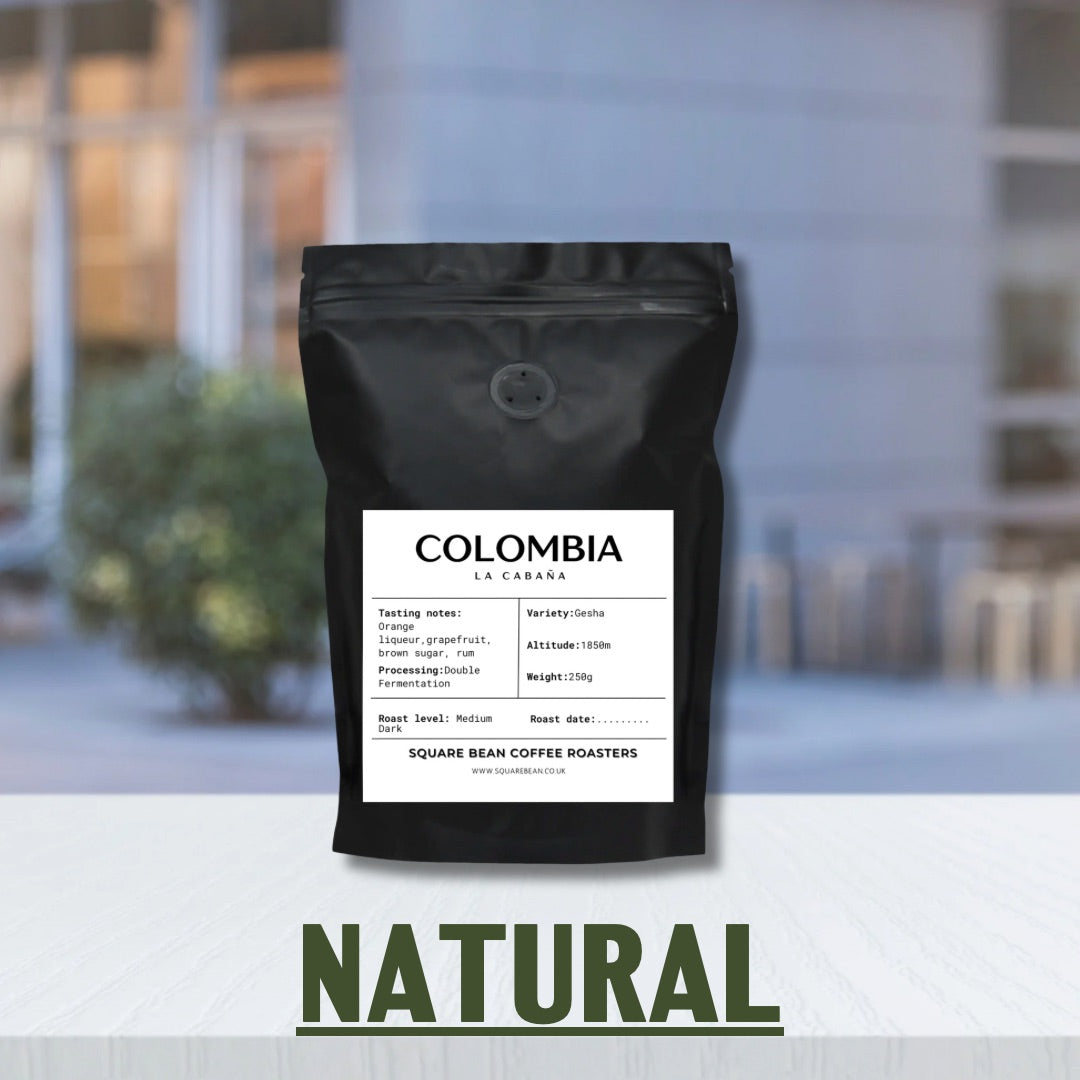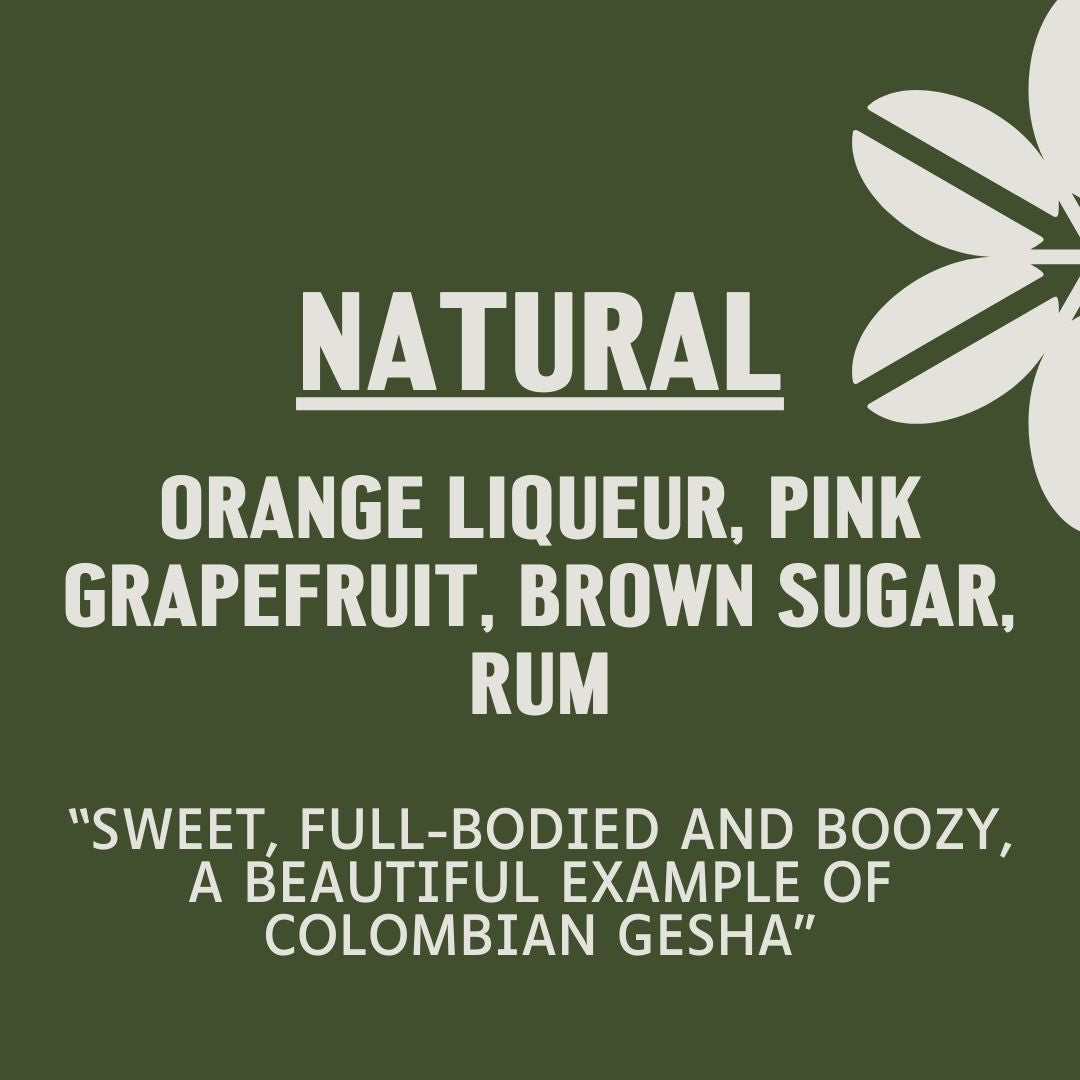You may be wondering how we go about making our recommendations; How exactly do we choose which coffees make the cut? How do we ensure the samples we're brewing up are made consistently?
Well, cupping is the answer to all of those questions. But how did we get there?
Back at the conception of Limited Coffee, it was clear that the sampling was going largely to be my responsibility. I’m sure Paul won't mind me telling you guys (we’re friends now after all) that he has Congenital Anosmia, which means he has no sense of smell. This does have a slight impact on taste too, as you can imagine. This means he’s unlikely to ever be a Q grader, but worry not, he absolutely knows what he likes still (I’ll just refer you to the burger story!).
So how did I get to making these recommendations for you? Well, it’s kind of a no-brainer really, as I already mentioned, it all begins with cupping. Early days we did try brewing up pour-overs and pulling shots, but cupping samples just don’t go that far. And as we all know, both espresso and filter can be a bit inconsistent when you’re changing beans, so we just stuck with cupping.
Whilst I have no formal training, cupping really isn’t that hard and that’s the beauty of it. Repeatable, consistent and easy. I went out and sought a local cupping course for a bit of insight, to make sure I’m doing the right things, you know. It was harder than expected in Worcestershire, but I finally landed on a coffee tasting and sensory masterclass at UE Coffee Roasters in Oxfordshire.
We ran through the cupping process and tasted our way through their range, which was great, by the way. Talking about the notes we found on the nose and palate, using both the SCA flavour wheel and food to assist us, fruit, nuts, chocolate etc. Also body and acidity and how they impact your overall experience of coffee.
Following this I’ve had plenty of homework, tasting countless coffees, some blind, some guided - both really useful ways to hone my skills! Cupping coffee alongside the people who roast it was definitely a daunting prospect for me. Like, who am I to disagree with what they’re telling me? Could I even be that bold? But truth be told, taste is very subjective and everyone interprets things differently, luckily though we’ve had a really good crop of roasters on board so far, so that situation hasn’t arisen!
Which brings us up to the present day - as every drop is being put together, I cup my way through samples on samples, looking for that something special, just for you. It's a tough job, but someone has to do it right? 😅 For me what that looks like is 12 grams of medium-coarse (between 500 and 1200 µm, if you’re interested!) ground coffee, with 200ml of water, just off the boil, four minutes in the crust is broken and skimmed from the top, then the slurping begins. At around 10 minutes onwards it's cool enough to start picking it apart, with the tasting carrying on through to around 20 minutes. It’s really interesting to see how flavours develop as the temperature drops, some coffees really come alive once the heat has dissipated - higher temperatures can often give you a bitterness that I don't feel is a fair representation of the coffee. I also just find it difficult to appreciate the nuances through higher temperatures personally.
I started out thinking I was going to use an SCA type scorecard, but the most realistic thing for me is my little brown book, pen and paper. I make notes on the nose, that's usually as I break the crust, the smell of the coffee really gets released once the spoon goes in! Then once I’ve got to slurping I try to look at the acidity and body, is it bright and zingy? Is it smooth and chocolatey? Big bold mouthfeel or is it more tea-like? Then it's all taste really, sometimes when it's not so clear I like to look at the flavour wheel and start on the inside, is it sweet, floral, fruity? Then work outwards and try to refine it.
So why then? Can’t I just take the roaster’s word for what it tastes like, surely they’re the professionals here? Well, yes. That is true. What I’m doing isn’t second-guessing anyone’s work, after all, I’m new here and many of our partners have been roasting for some time. I have a couple of objectives in mind when I’m cupping coffee, which are: Is it ‘stand out’ enough, what makes it really special and is it good enough for both the real aficionados and those just starting their speciality coffee journey? Secondly, what do I write about it?
Hopefully you’ve seen ‘Dave’s Take’ on all of our coffees, and hopefully, it's helped you make your choice. I write these with what I pick up from the cupping, I want to describe it as best I can, beyond the tasting notes, to make your selection process as smooth as possible.


